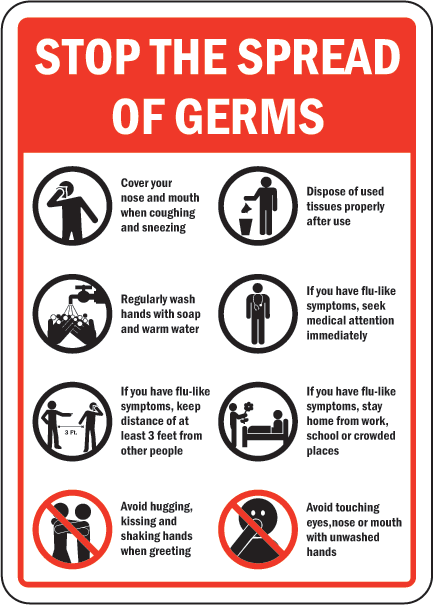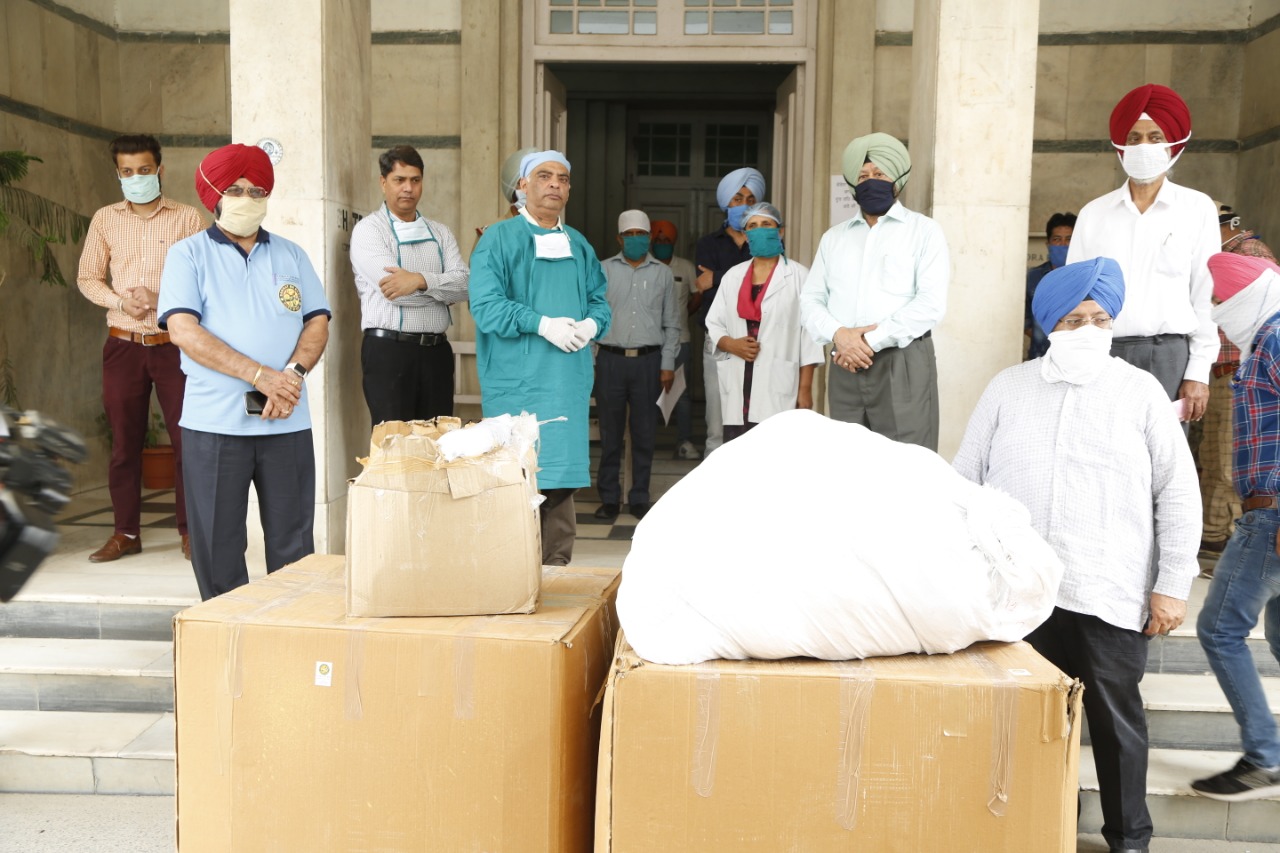How to stay calm during the Corona virus crisis-Counseling Psychologist
Harshpreet kaur
Right now, you can’t browse the internet, watch TV, or even have a conversation with friends or coworkers without hearing about COVID-19. Corona virus seems to be all we can think and talk about. Public messages take all kinds of forms—informed logic, panicked alarm, stubborn denial, and even outright wacky speculation.
The World Health Organization (WHO) has officially designated the novel corona virus as a pandemic. It can be hard to stay calm and carry on when your safety (and that of your loved ones) is potentially at risk, daily life is disrupted, and uncertainty rules the day.
The reality is, we’re all in the midst of a crisis, and it’s hard to say when things will get better. That uncertainty may mean a lot of worries are suddenly competing for your attention. As you ride out the disruptions to your way of life, these tips will help you keep calm and cope.
- Limit your news consumption to one or two trustworthy official sources
It seems the more you hear about COVID-19, the more conflicting information you uncover. The virtual landscape and social media are filled with unreliable information sources, rumors, speculation, and even downright harmful “advice.”
Get your news from one or two official and reliable sources. The Centers for Disease Control and Prevention (CDC) is an excellent resource for corona virus updates. Your local health official’s website is another good place to stay updated about what’s happening in your state and county. Utilize these resources, and follow their guidelines.
- If you’re homebound, try to stay physically and mentally active
As the outbreak unfolds, many of us have been asked to work from home. Many public gatherings and events have been canceled to help “flatten the pandemic curve” and slow the spread of COVID-19. You may have opted to self-quarantine.
Now is a good time to maintain exercise routines, or even pick up a new one to do at home. Try to get outside to places that aren’t crowded. (Of course, follow social distancing guidelines and use common-sense precautions.) If you have a yard, it’s a good time to focus on yard work and gardening. Have a balcony? Grab some binoculars and take up bird watching or start a small container herb garden.
It’s very important to get sunlight to your eyes—indirectly, of course. (Please don’t look directly at the sun!) Ideally, you’ll go outside. But if you can’t, try to at least be near a bright window as much as possible. Bright light prevents your circadian rhythm from flattening out. Sunlight entering through the eyes is the strongest cue for your brain to know what time of day or night it is. The clearer the message you give to the circadian clock in your brain, the healthier and happier you’ll be.
- Stay socially active, too
We’ve been told that keeping our distance socially is the best way to slow the spread of COVID-19. And yes, we should all do our part to make that happen! But that doesn’t mean we need to live in total isolation. Find creative ways to connect with family, friends, and coworkers. Get those virtual group chats going!
Get on Face Time, Google Hangouts, or your favorite video chat platform. Suggest casual video gatherings with your coworkers while you’re teleworking to make sure you’re not only able to collaborate on projects but to stay connected as a team.
Social interaction is extremely important for good mental health. Isolation, on the other hand, can increase your anxiety and risk of depression, even if you don’t have a history of mental illness.

- Seek help from a mental health provider if you need it
If you struggle with OCD or other forms of cleanliness compulsions, this is a particularly challenging time for you. Are you following good coronavirus sanitation practices, or are you experiencing increased OCD symptoms? It can be tricky to find the line!
Follow official guidelines about social distancing, handwashing, and sanitation. But also make sure you have a predetermined plan (based on your doctor’s recommendations) for how often and in what situations you’ll wash your hands. Then stick to it!
Don’t decide on the fly whether it’s time to wash your hands again—you’ll be mentally struggling with temptation all day long. That struggle is stressful, and it makes you more vulnerable to giving in to intrusive thoughts and compulsive behaviors.
The writer, Harshpreet Kaur is a Counseling Psychologist and Registered Behavior Technician,Coordinator Psychowaves.
March,21,2020














